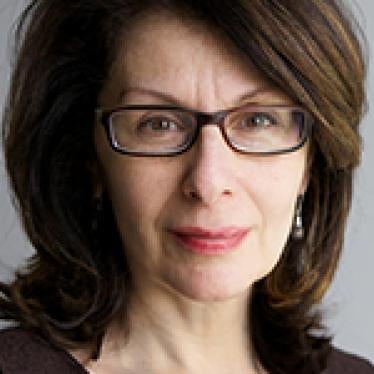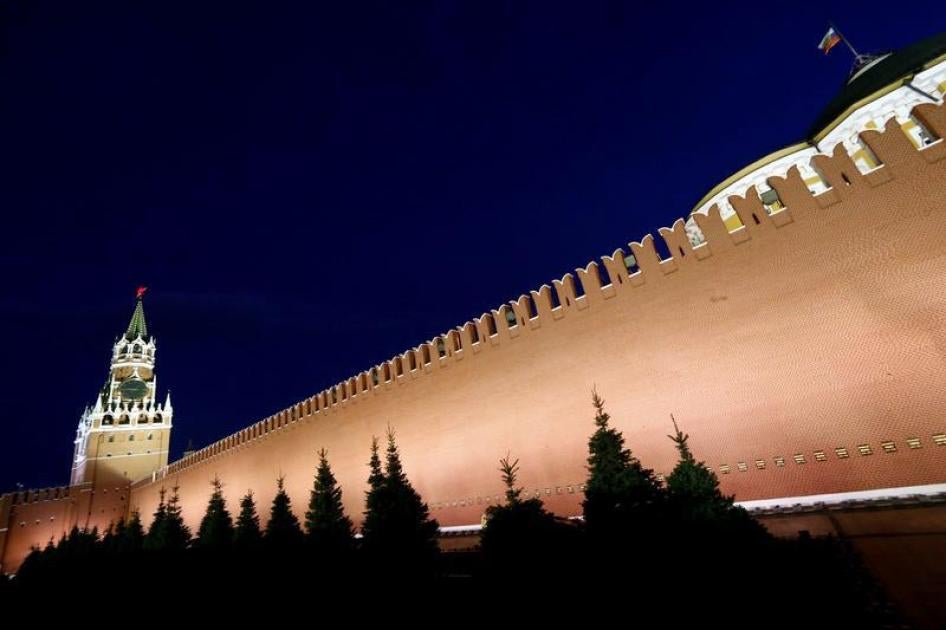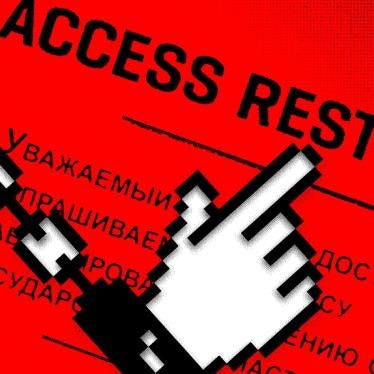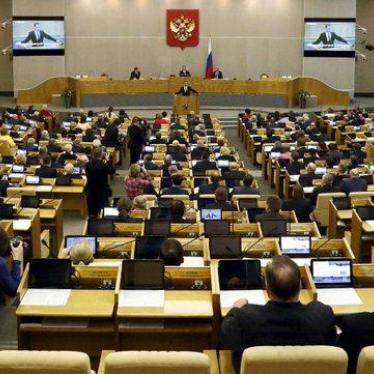This week brought the bombshell announcement that Ivan Safronov and Maxim Ivanov, two veteran reporters for Kommersant, were pressured into resigning, spurring the paper’s entire politics desk to quit in protest. The business newspaper is one of the country’s most respected news outlets. While it’s owned by Alisher Umanov, an oligarch who’s close to the Kremlin, it has been one of the last remaining mainstream newspapers still clinging to editorial independence while continuing to produce high-quality investigative reporting.
The 120 Kommersant staff signed a public statement calling the dismissal “entirely groundless and disastrous for our newsroom. It is also an open attempt to repress free speech in Russia.”
The journalists’ departure, sadly, is only the latest episode in the gutting of Russia’s independent media.
At issue was an article reported by Safronov, Ivanov, and three other journalists that claimed Valentina Matviyenko would resign her position as speaker of the Federation Council, Russia’s upper house of parliament, citing unnamed sources. The Federation Council’s press secretary dismissed this as rumor. Kommersant’s editor said in an interview that the journalists left “because the [paper’s]editorial standards were violated while writing the article,” though he didn’t explain which standards those were. Of course, the newspaper’s editors had cleared the piece for publication, which makes his comment ring hollow.
Safranov had been with the paper for 10 years and was one of its top reporters, covering business, politics, and foreign affairs; Ivanov, a nearly 10-year veteran, was deputy political editor.
Since 2012, much of Russia’s mainstream print and online media have become almost exclusively the voice of the state, television having succumbed to that fate in the early 2000s. The Kremlin got formerly independent media outlets to toe the line largely through forced ownership and editorial changes. Newspapers and online outlets that used to produce a wide range of independent reporting, such as Lenta.ru, are now unrecognizable.
And of course the bigger backdrop is the tangle of legislation adopted since 2012 that aims to stifle freedom of speech and media freedoms, as well as the selective targeting of independent media with inspections, warnings, fines, lawsuits, and the like.
Russia needs more strong and independent newspapers like Kommersant. Let’s hope it can hold out.










